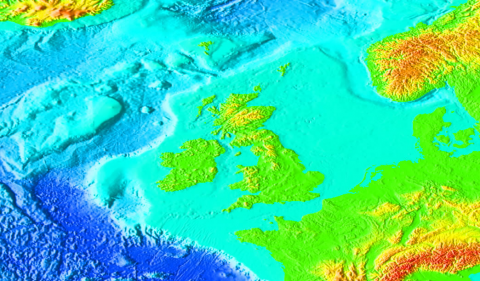Wake up and smell the coffee! When the English say "Great Britain" they mean "Greater England"

Wake up and smell the coffee! When the English refer to "Great Britain" they mean "Greater England". There has been some shock expressed over recent days that British Airways wished the England rugby team “good luck” in the rugby match against Wales today 28th November. But is it that much of a surprise? Really the English tend to just use the term "Britain" and "British" when it suits them. For example if a Welsh, Scottish, Cornish or Manx person wins a sporting event they are called, conveniently, "British". If an English person wins they are called "English". It is also a common thing when travelling abroad that people from Wales, Scotland, Cornwall and the Isle of Man are referred to as "English", which always requires a correction.
The English will also rely strongly on the phrase "Great Britain" and the "United Kingdom" when under pressure to defend the Union. At these times they will espouse the benefits of a Union of nations of equals! A clear confidence trick at a time when it is the English who are refusing the Scottish the democratic right of Scotland to hold a referendum on independence. What is equal about that? Even the present devolution arrangements for Wales and Scotland are under threat from the present British (English) government. This is no union of equals and don't be fooled that by being called "British" now and again that it is one.
It is no surprise that Ireland does not accept the term "British Isles" for this archipelago off northwest Europe. The earliest known use of "Brytish Iles" in English dates to 1577 and is loaded with imperialist overtones. Perhaps its time, like the Irish, that we all came up with an alternative name other than "British Isles" for this Atlantic archipeligo off the northwest European continental shelf.
Image: Islands off the northwest European continental shelf.






